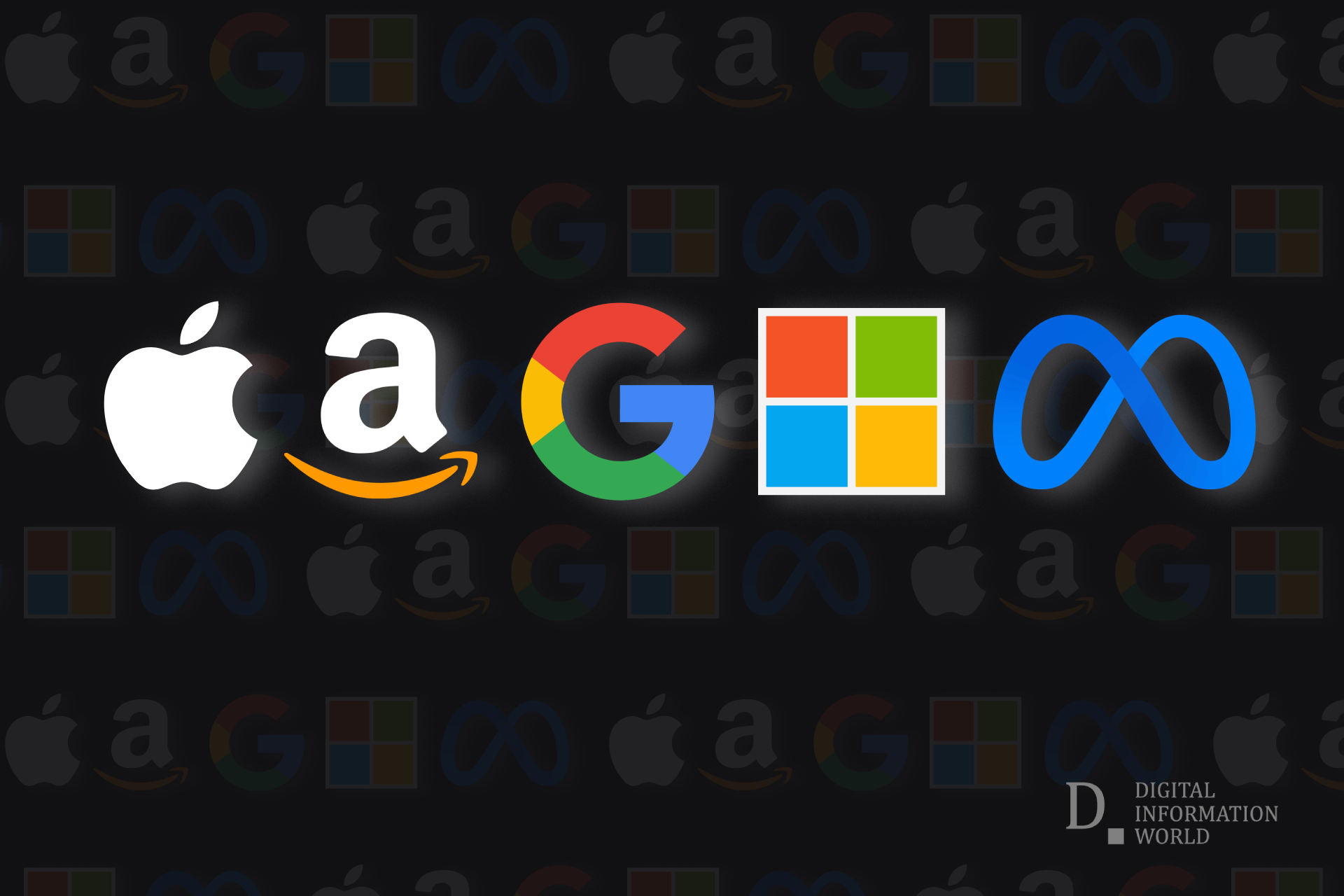There has always been an outcry for a regulatory body to control the leading tech giants of today who may be displaying anti-competitive behavior. And now, it appears prayers have been answered as the UK’s newly set up ‘Big Tech Regulator’ is stepping up to do just that.
With great power to punish some of the biggest firms that it feels are engaging in anti-competitive behavior, the new body is set to impose heavy fines along the way.
The UK’s DCMS is being given full control to introduce fines that could go as far as involving a firm’s 10% turnover. But that’s only if they find them guilty of violating certain protocols in place. In addition to that, they will also have the power to impose fines that entail 5% of the company’s turnover per day with the continuing violations.
The Big Tech Regulator will also ensure that such companies can alter between various platforms like smartphones and then social networking sites. In addition, they will also need to take one step back from various default applications while revealing more of their data publicly.
All acquisitions made by leading tech organizations will further have to be reported by the Big Tech Regulator to see if any further investigation is required relating to a firm’s work.
If an acquisition is made to block competition, the body has the authority to eliminate it, limiting the amount of damage that has already been done. One common example is the way the CMA didn’t allow Meta to get rid of its Giphy.
Further details revolved around making sure giant companies inform small firms about how they plan on altering their algorithms that would potentially impact their success. For instance, we’ll be seeing more of Google sending out warnings to stores if any of their alterations would impact the rankings. Similarly, Meta might be sending out notifications to media outlets about how they will no longer be seen on the Facebook feed with the same prominence as before.
The body hopes the new changes could also assist content creators by providing more transparency in terms of their wares.
The United Kingdom has also spoken about how it hopes to take inspiration from neighboring nations like Canada, ensuring media publishers get equal and deserving payments for the content they publish online.
How effective the Digital Markets Unit is can only be determined by what policies it puts into play. Whatever the case may be, it’s sure to impact firms like Google, Apple, and Meta and we may soon be seeing fewer restrictions on their apps as a whole.
Read next: Transactional emails titled 'no reply' irritates a large percentage of consumers, says research
With great power to punish some of the biggest firms that it feels are engaging in anti-competitive behavior, the new body is set to impose heavy fines along the way.
The UK’s DCMS is being given full control to introduce fines that could go as far as involving a firm’s 10% turnover. But that’s only if they find them guilty of violating certain protocols in place. In addition to that, they will also have the power to impose fines that entail 5% of the company’s turnover per day with the continuing violations.
The Big Tech Regulator will also ensure that such companies can alter between various platforms like smartphones and then social networking sites. In addition, they will also need to take one step back from various default applications while revealing more of their data publicly.
All acquisitions made by leading tech organizations will further have to be reported by the Big Tech Regulator to see if any further investigation is required relating to a firm’s work.
If an acquisition is made to block competition, the body has the authority to eliminate it, limiting the amount of damage that has already been done. One common example is the way the CMA didn’t allow Meta to get rid of its Giphy.
Further details revolved around making sure giant companies inform small firms about how they plan on altering their algorithms that would potentially impact their success. For instance, we’ll be seeing more of Google sending out warnings to stores if any of their alterations would impact the rankings. Similarly, Meta might be sending out notifications to media outlets about how they will no longer be seen on the Facebook feed with the same prominence as before.
The body hopes the new changes could also assist content creators by providing more transparency in terms of their wares.
The United Kingdom has also spoken about how it hopes to take inspiration from neighboring nations like Canada, ensuring media publishers get equal and deserving payments for the content they publish online.
How effective the Digital Markets Unit is can only be determined by what policies it puts into play. Whatever the case may be, it’s sure to impact firms like Google, Apple, and Meta and we may soon be seeing fewer restrictions on their apps as a whole.
Read next: Transactional emails titled 'no reply' irritates a large percentage of consumers, says research

